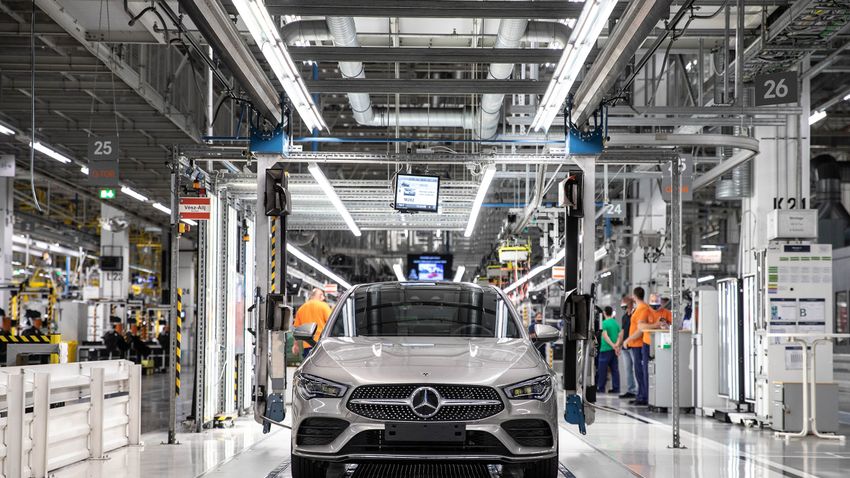German automaker Mercedes-Benz is preparing a sizeable investment in Transylvania, Romania. The company currently has two factories producing car parts for export in Szászsebes and Cugir and is now preparing a €135 million investment, for which it requested €37 million in state support.
Earlier, the company said they would like to partially convert the two factories in Transylvania to the production of electric car parts. Mercedes-Benz is present in Romania through the Star Assembly car parts manufacturing company; it is the third-largest Romanian exporter after Automobile Dacia and Ford Romania.
After the boom in the spring, car production in Romania is now in a downward trend. According to the economic paper Ziarul Financiar, 57,000 cars rolled out of the two domestic factories in March, but there were less than 40,000 in May. According to the data of the Association of Romanian Automobile Manufacturers, the decline was primarily due to Ford.
The American company’s plant in Craiova produced just over 10,000 cars in May, 50 percent less than in March. In July, the Craiova plant became the property of the Turkish Ford Otosan, where the Transit Courier and Tourneo Courier models will be produced starting next year. The electric version of these models will be produced at this location starting in 2024, as well as the popular Ford Puma already being produced.
Ford is also making an investment worth €490 million, which it will implement over the next three years. When announcing the change of ownership, Stuart Rowley, president of Ford Europe, said that the Romanian production plant will play a significant role in boosting the company’s European production of electric and commercial vehicles. The production capacity of the Craiova plant will increase from 250,000 vehicles to 272,000 per year.
Meanwhile, the country’s largest car manufacturer, Dacia, also experienced a decline. While almost 35,000 cars were assembled in March, the figure for May came in under 30,000. According to the Romanian newspaper, the main reason for the decrease was the lack of spare parts, but the rising costs have also had a negative impact on the sector.





